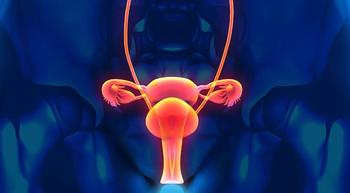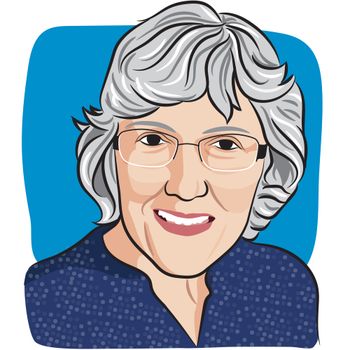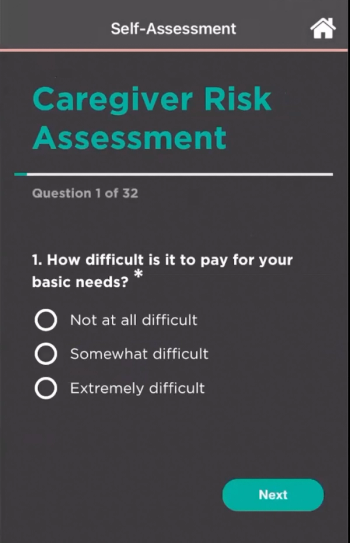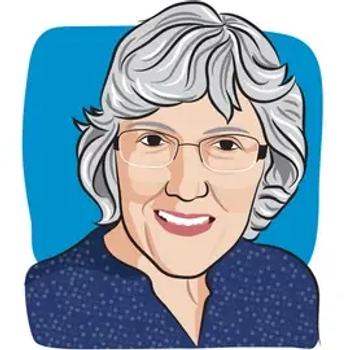
Ovarian Cancer
Latest News

Latest Videos

More News

Treatment with Gen-1, a novel gene therapy, resulted in a 33% improvement in progression-free survival for patients with advanced ovarian cancer, according to recent study findings.

The study the FDA allowed to continue is investigating the safety and efficacy of the novel cancer drug ACR-368 in patients with endometrial, urothelial and ovarian cancer.

The use of Jakafi plus chemotherapy shows promise in the pre- and post-surgical treatment settings for patients with stage 3 and 4 ovarian cancer, warranting further study of the combination.

It’s good to have all the facts when you decide whether to participate in a cancer drug clinical trial—even the ones that make you swallow hard and tear up.

A clinical trial just launched to study Vaxinia — a novel cancer vaccine — in patients with previously treated advanced solid tumors.

For patients with advanced epithelial ovarian cancer, there were little — if any — differences in survival outcomes depending on when they received surgery.

Actor and cancer advocate Patrick Dempsey explains that when a loved one is diagnosed with cancer, it is important that family members make the moments they share together count.

The FDA granted a Fast Track designation to ofra-vec plus paclitaxel for the treatment of patients with platinum-resistant ovarian cancer.

The season of spring represents new awakenings for me, and this year, I’m determined to bring an air of positivity to my life and my cancer experience.

While a recent health scare ruined a family vacation, I vowed to keep making plans and always look ahead to brighter days.

When caregivers — considered by many to be an essential part of a patient’s care team — have the tools they need to care for themselves and their loved ones, cancer outcomes can be better, too.

The MEK inhibitor trametinib should be considered a new standard of care for patients with a rare subtype of ovarian cancer, explains an expert from The University of Texas MD Anderson Cancer Center.

A patient with ovarian cancer describes how she enrolled in a clinical trial, and how it has given her a renewed sense of hope that she may find a successful treatment option.

From the death of comedian Louie Anderson after he was hospitalized for cancer treatment to former world No.1 tennis player Chris Evert’s ovarian cancer diagnosis, here’s what’s happening in the cancer landscape this week.

After a challenging year due to COVID-19 and rising blood test numbers, a woman living with ovarian cancer shares on what she’s learned and how she’s approaching 2022.

A prostate cancer survivor explains his regret over not pushing his sister to visit the doctor as soon as she showed concerning symptoms, which were eventually revealed to be the stage 4 ovarian cancer that took her life.

Treatment programs that often use neoadjuvant chemotherapy as a strategy may help prolong survival in patients with advanced ovarian cancer compared with those that infrequently used the tactic, which may reassure patients and providers.

Mirvetuximab soravtansine had promising response rates and tolerability in patients with pretreated folate receptor alpha-high platinum-resistant ovarian cancer.

A woman with ovarian cancer explains why she was reluctant to get a port put in and why she ultimately went forward with it. “Somehow, I felt that if I got the port, I was giving in to the cancer,” she writes.

When the road ahead is unclear due to cancer, the best thing you can do is look for a new road to offer hope, a cancer survivor explains.

A woman with ovarian cancer describes how blood work numbers play a key role for patients with cancer and often dictate their thoughts and worries.

An ovarian cancer survivor explains how attending her 50th class reunion was an emotional experience as she learned of fellow classmates’ cancer experiences and struggles.

PARP Inhibitors Help Ovarian Cancer Survivors Live Longer – and Better – Without Disease Progression
Maintenance therapy with PARP inhibitors may be a beneficial option for patients with ovarian cancer after the first line of treatment.

Health care isn’t something that is done to you. You participate in it. You’re part of the team. If your team is letting you down, say so. If they don’t do better, consider seeking health care providers who do include you in the conversation.

Maintenance therapy is meant to prevent relapse after a patient with ovarian cancer received their main treatment. Here’s an overview of what patients should know.











